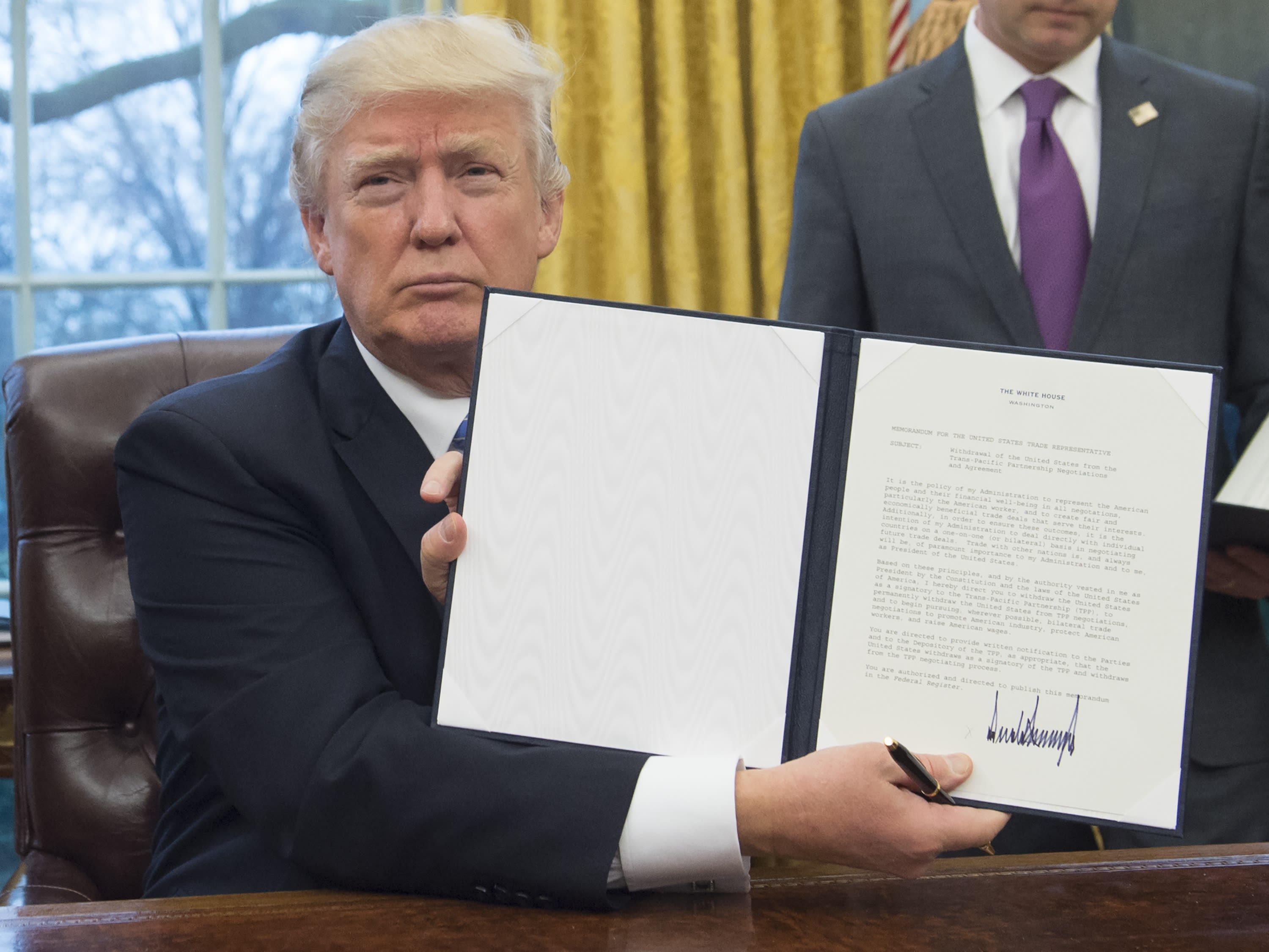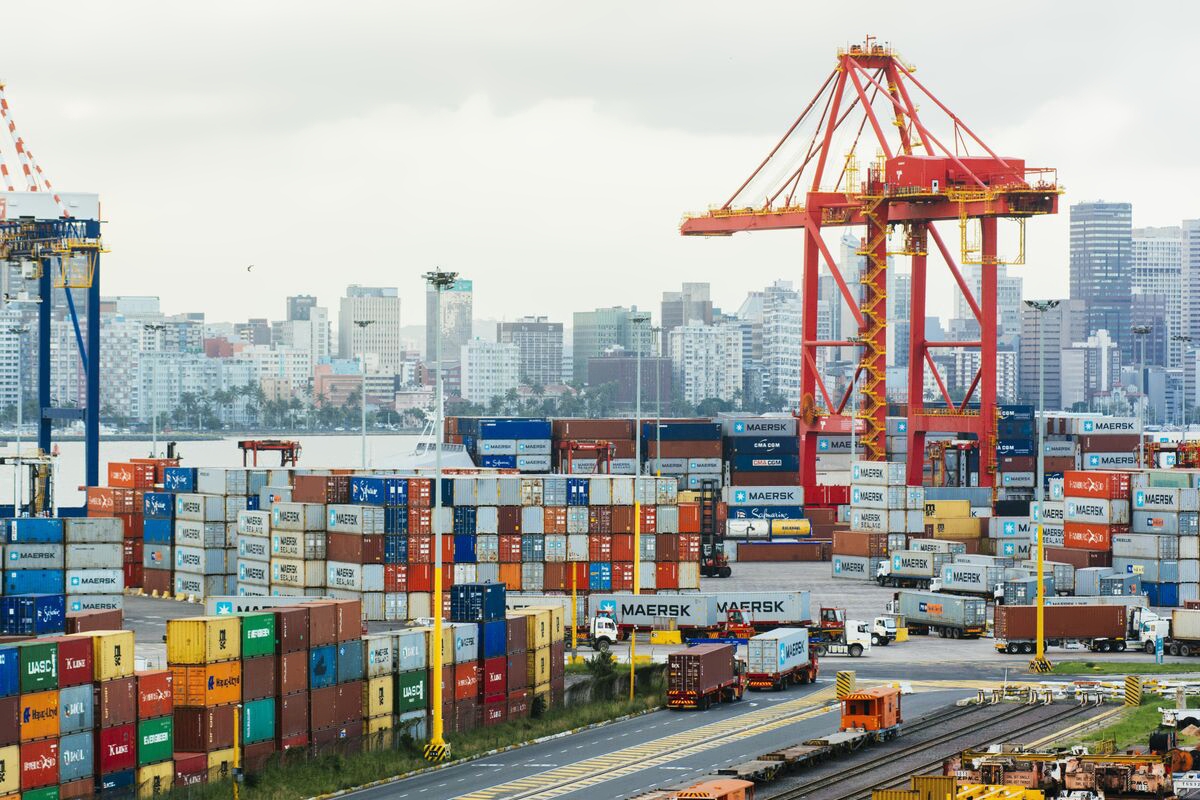Budget 2021/22: Issues workers expect as government tables budget today

What you need to know:
- Workers have for the past five years or so been complaining about promotions, salary increment and tax reduction, but their hope is that their complaints will be included in the budget this time around
Dar es Salaam. Salary increments, tax reduction and promotions are among the issues that workers expect as the government tables its budget today.
Gracing this year’s International Labour Day celebrations at Mwanza’s Kirumba Stadium on May 1, President Samia Suluhu Hassan promised that her government was working on a number of steps to reduce the tax burden to Tanzanians and businesses.
She said her government has come up with various measures aimed at improving the welfare of workers for the 2021/22 financial year and touched the hearts of workers by announcing reduction of income tax (Pay-as You-Earn) from the existing 9 to 8 percent.
Against that background, the Trade Union Congress of Tanzania (Tucta) president, Mr Tumaini Nyamhokya, said workers would be listening to today’s budget presentation with a lot of enthusiasm.
“The reduction of taxes would increase the net pay for workers,” he said.
Mr Nyamhokya said the workers have also stated that the government should also consider resuming annual salary increments which would benefit even those workers who were not promoted.
“We also hoped that the budget set for government institutions would also consider the adequate salary funds to cover remunerations for the workers in those institutions,” he said.
The workers, he said, were ready for implementation of all the policies tabled in this year’s national budget. Employers are of the view that in the coming budget, the government will come up with more reforms aimed at improving the business environment, particularly policy measures, that will cut the cost of labour and doing business generally in the country.
The executive director of the Association of Tanzania Employers (ATE), Dr Aggrey Mlimuka, said emphasis could be directed towards further reduction of Skills and Development Levy (SDL), which currently stands at four percent. “At four percent, this is one of the highest in the world. We also expect a reduction of Pay As You Earn rates, Occupational Safety and Health (Osha) fees and downward revision of work and residence permit fees,” he said.
Meanwhile, Tanzanians across major urban centres expect the government to consider, among other things, the rise in cooking oil prices, ongoing projects, education in the budget that will be read today. Speaking separately to The Citizen, a small trader from Tabata Relini, Ms Joyce Ezekiel, said: “We expect in this budget the government will intervene in the price of cooking oil which continues to rise daily, thereby affecting businesses and people with lower incomes.”
She said the price of sugar must reflect the life of lower income earners. “We have high expectations, especially because President Hassan has been giving us hope in her speeches,” she said.
A wholesaler based at Kinondoni, Mr Moses Shauri, said they expect the budget will create a conducive environment for small scale traders so that they can do their businesses without disturbance. “President Hassan has exhibited through her speeches that she will bring back money in circulation so we expect that in her first budget, things will start improving,” he said.
A secondary school teacher at Kibamba, Ms Theresa Lazaro, said the budget should ensure that costs of social services remain affordable to all.
“But also we expect that small-scale traders will continue doing their business by using the identity which the government charges Sh20,000. We expect it will remain the same,” he said.
A bodaboda rider from Bahari Beach, Mr George Lewis, said he expects the government will invest more in education to reduce unnecessary contributions that parents currently incur.
“Despite the government providing free education, there are various contributions which parents provide such as money for buying paper, exercise books,” he said, adding free education must really mean it.
Also the budget should ensure the ongoing projects must proceed and reach an end so that Tanzania can experience reliable energy that will boost the economy and reduce poverty among individuals.
Reported by Gadiosa Lamtey, Rosemary Mirondo and Josephine Christopher





